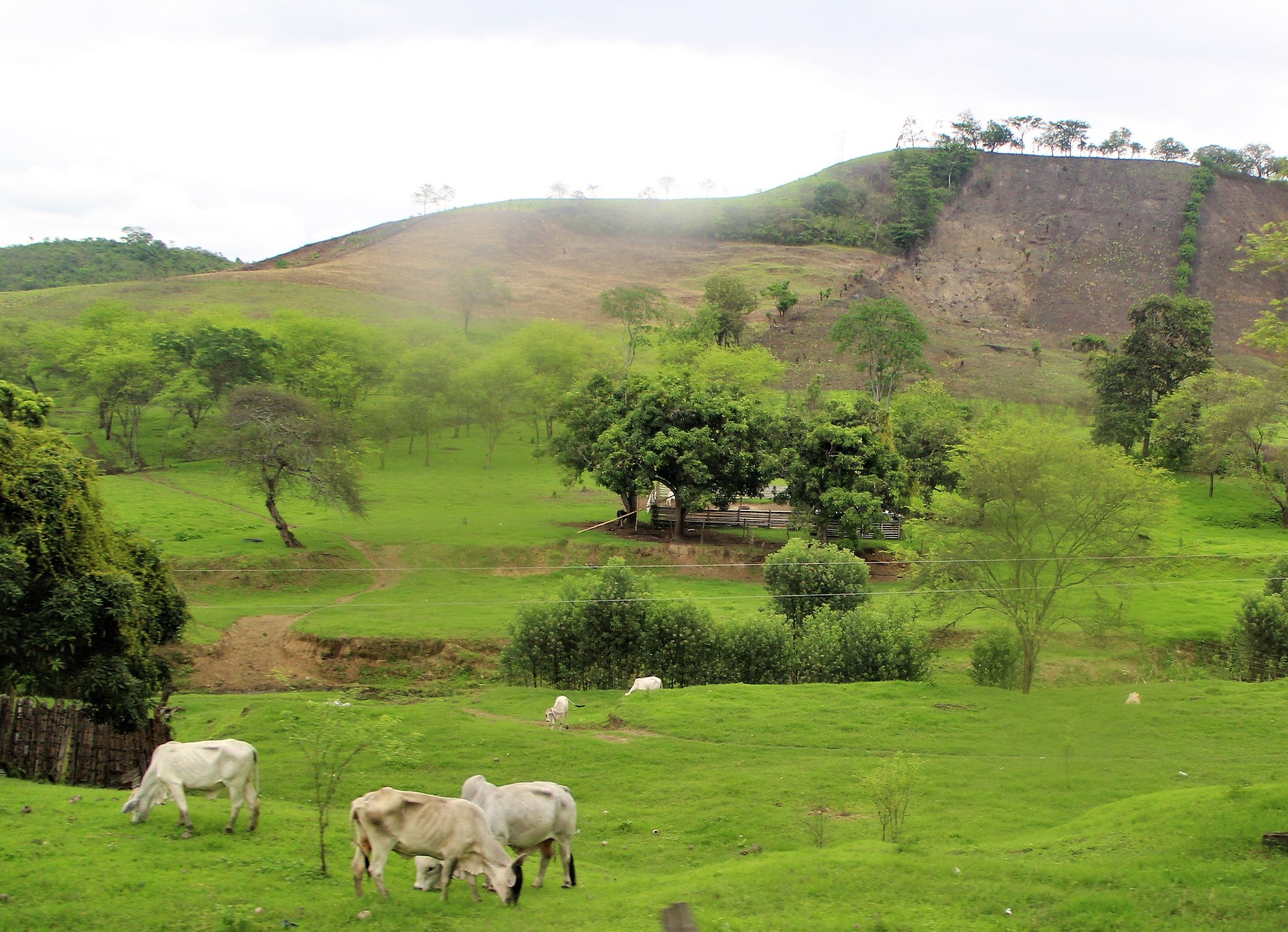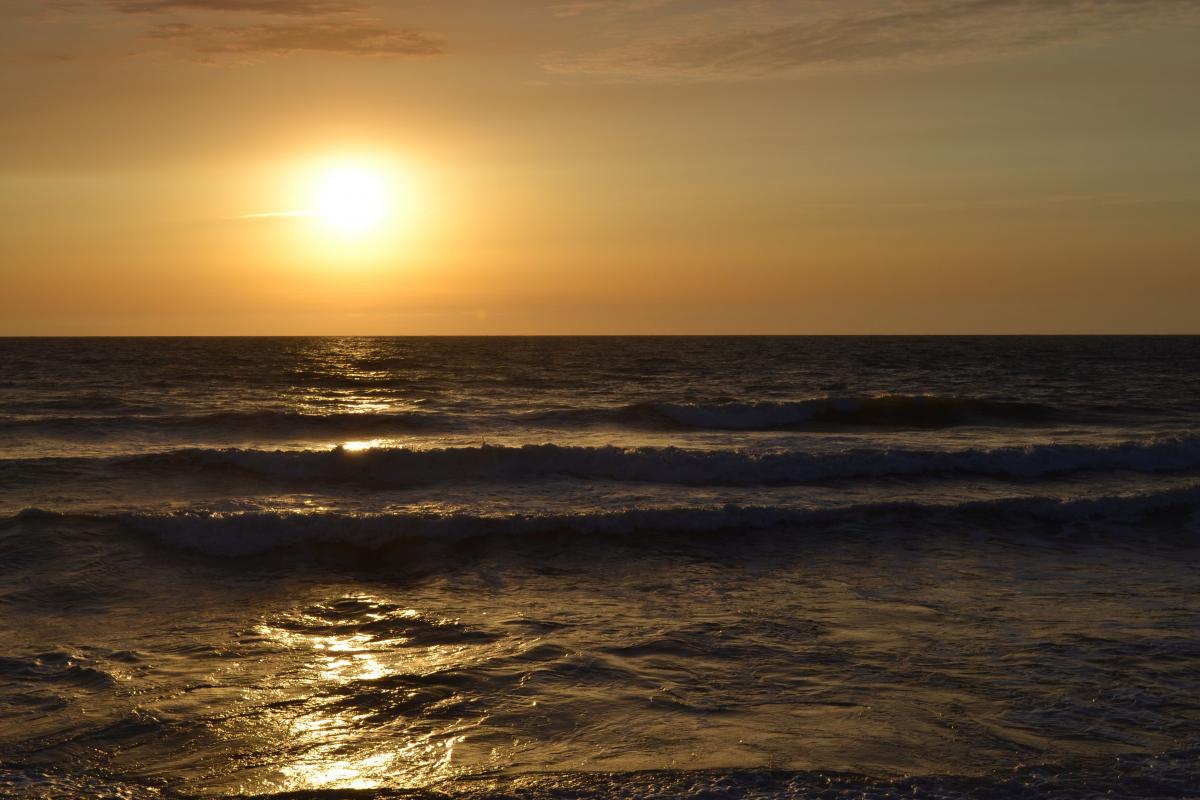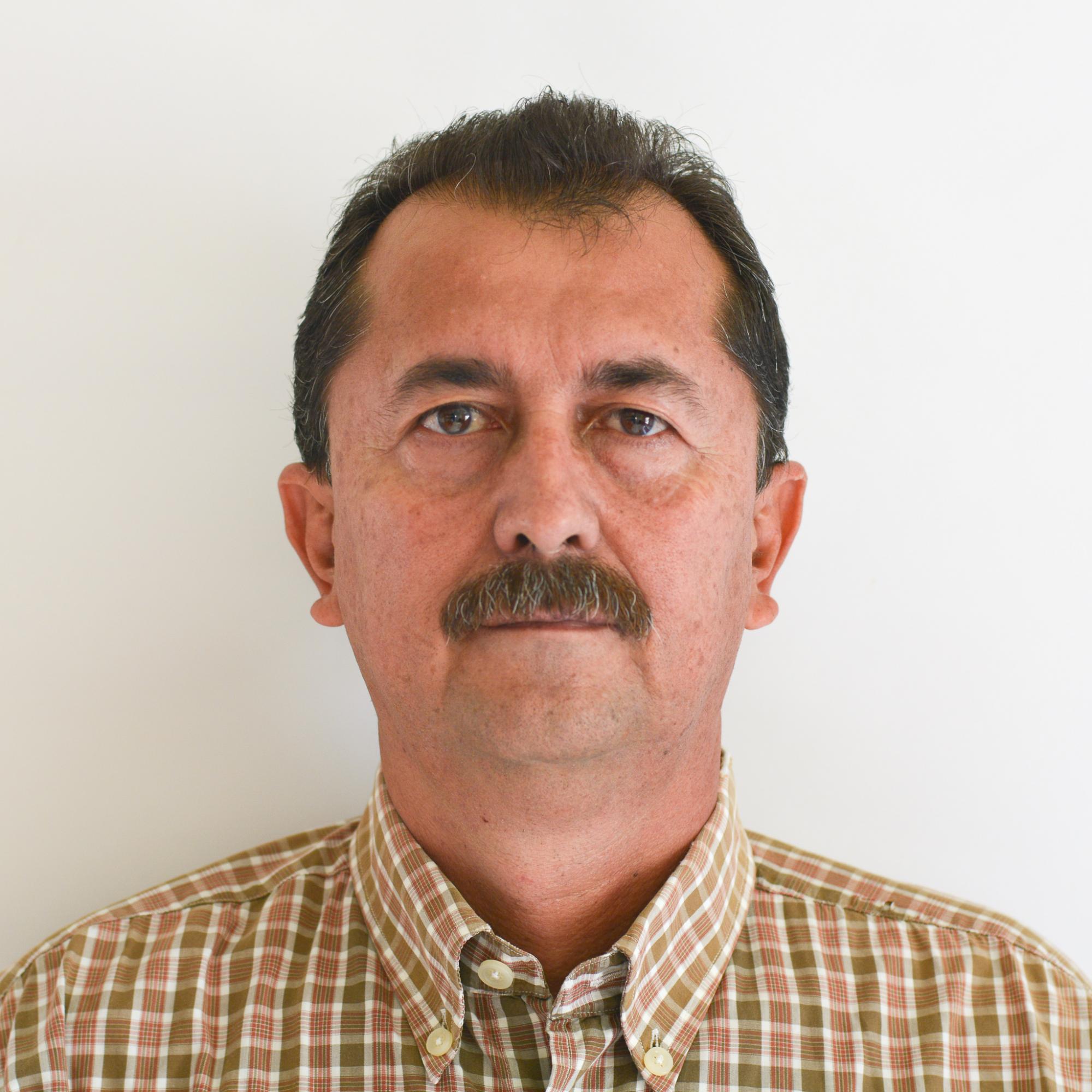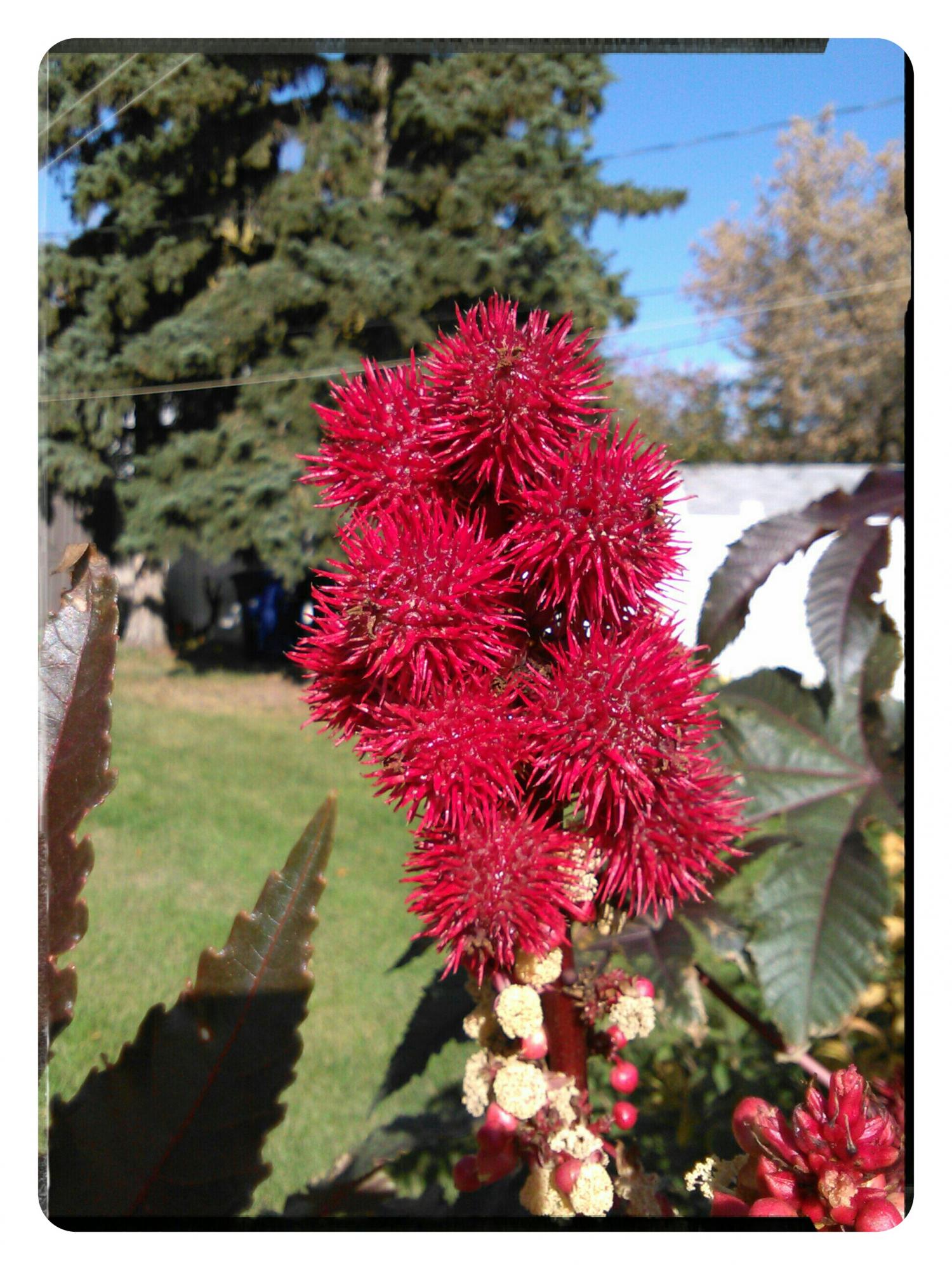-
On climate: the global church needs to CHANGE
“The earth is the LORD’s and all that is in it, the world, and those who live in it; for he has founded it on the seas, and established it on the rivers” (Psalm 24:1–2). “Climate change”: these two words often generate anxiety concerning the future of not only humanity, but the entire planet. The
-
At peace with the land
Is there a way to make a living without killing the environment? For a country that sees thousands of deaths every year due to exacerbated effects of super-typhoons, this is a major question. Lives have been claimed and billions worth of infrastructure have been damaged due to intense floods and landslides brought by forest denudation,
-
Taking action for your neighbourhood
There is a saying that you don’t know what you have until you lose it. I would add “or until you see the real and present danger that you could lose it.” Something similar happened to our natural resources. For a long time, we had accessible clean water, pure air to breathe and clean and
-
Churches together for climate justice
“Climate Justice Now!” “People Power!” “Keep it in the ground!” echoed through the corridors as I walked through the Blue Zone – the place where 197 member-states of the United Nations Framework Convention on Climate Change (UNFCCC) gathered in December 2015 to decide on the future of our climate. It was the first time that
-
Creation care: a biblical mandate
At the beginning of this third millennium, humanity confronts serious ecological problems that threaten human life and all of creation. The consequences of global warming are perceptible in every country of the world: polluted air and water, serious flooding, extreme heat, etc. In Africa, principally in sub-Saharan countries, populations are exposed to many diseases as




